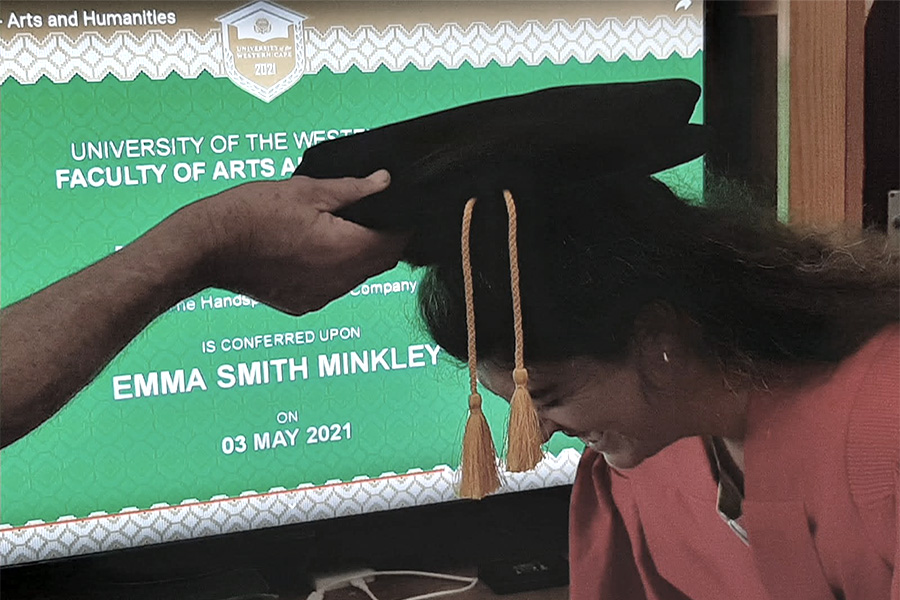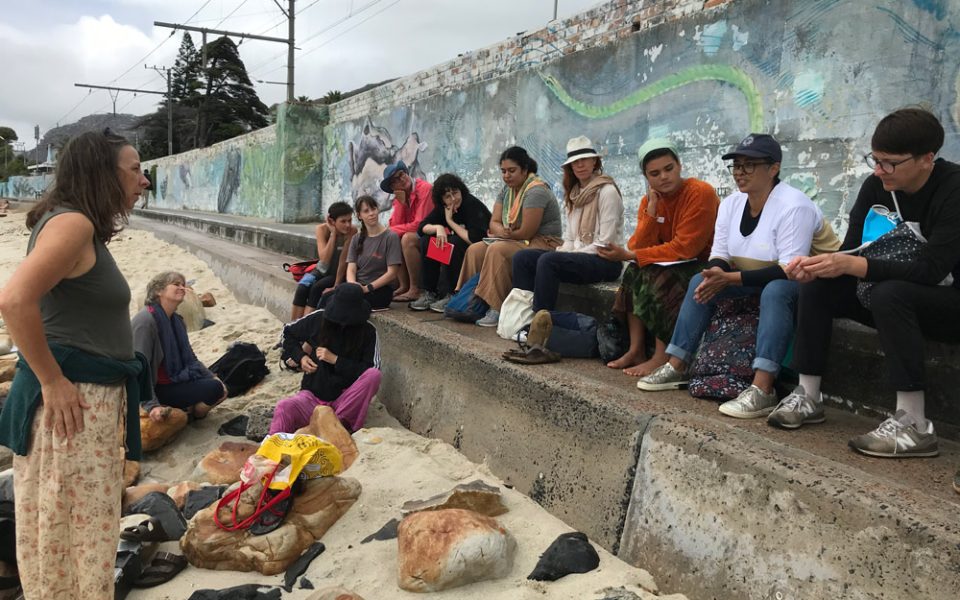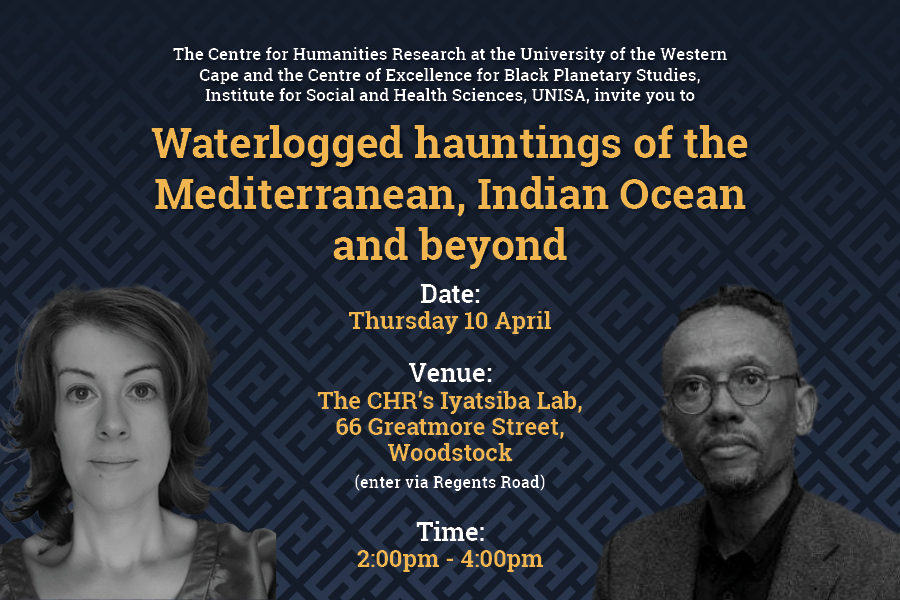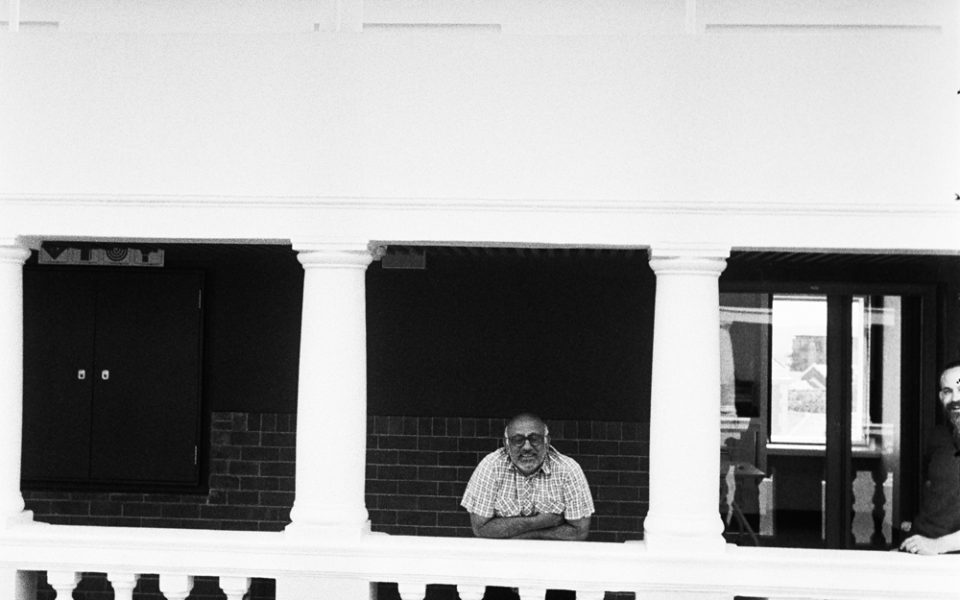May Graduation 2021

The CHR is proud to announce the graduation of fellows Dr Emma Minkley, Dr Shingirai Nyakabawu, Leslé Ann Arendse, and Kiasha Naidoo.
Dr Minkley (DSI-NRF Early Career Fellow) and Dr Nyakabawu (supervisor Prof. Suren Pillay) received their doctoral degrees, Arendse was awarded a Masters in History, and Naidoo graduated with a BA Honours in Philosophy (cum laude). Carla Meyer, a new fellow to the centre this year, also graduated cum laude, with a BA Honours in Women’s and Gender Studies. The ceremony was conducted virtually, with one of Dr Minkley’s supervisors, Prof. Premesh Lalu, delivering her citation in a pre-recorded message. While we could not all be together on campus, CHR Fellows found meaningful and often playful ways to mark this joyous occasion. The CHR would also like to extend congratulations to all other graduates of 2021.
The Hand and the Head: The Handspring Puppet Company and the Arts Archive
Description of dissertation:
The Hand and the Head: Handspring Puppet Company and the Arts Archive, explores the theorisation of the hand as an object of thought and artmaking. The crucial function of the hand to the puppeteer opens onto larger questions about the human’s relation to technology, money, and politics. The study thus initiates a set of dialectical connections between body and mind, intuition and intellect, practice and theory, each centred on the relationship between the hand and the head. Minkley’s study further serves as an investigation and documentation of Handspring Puppet Company’s work and its influence on the genre of “puppetry for adults” in South Africa and globally, especially as it engages with localised stories and puppetry-making practices in colonial and post-colonial contexts.
Supervisors:
Liminality, Papers and Belonging Amongst Zimbabwean Immigrants in South Africa
Description of dissertation:
The thesis is a study of legal Zimbabwean migrants living in South Africa. It is a study of how, despite being legal migrants, the nature of the immigration procedures continues to place these migrants in a ‘liminal’ position. Through a combination of ethnographic interviews and studies of the legal documents that pertain to migrants, the candidate has brought to light new understandings of the predicaments of legal migrants. The study explores the subjectivities and experiences of these migrants, along with a conceptual framework that looks at how documents issued by the state impacts on the lives of these subjects. The focus in the study is on Zimbabwean migrants who have, or who are trying to, create independent sources of livelihood, as ‘entrepreneurs’, trading from South Africa, and between South Africa and Zimbabwe. The thesis argues that they exist between a condition of ‘juridical’, and ‘existential’ liminality.








